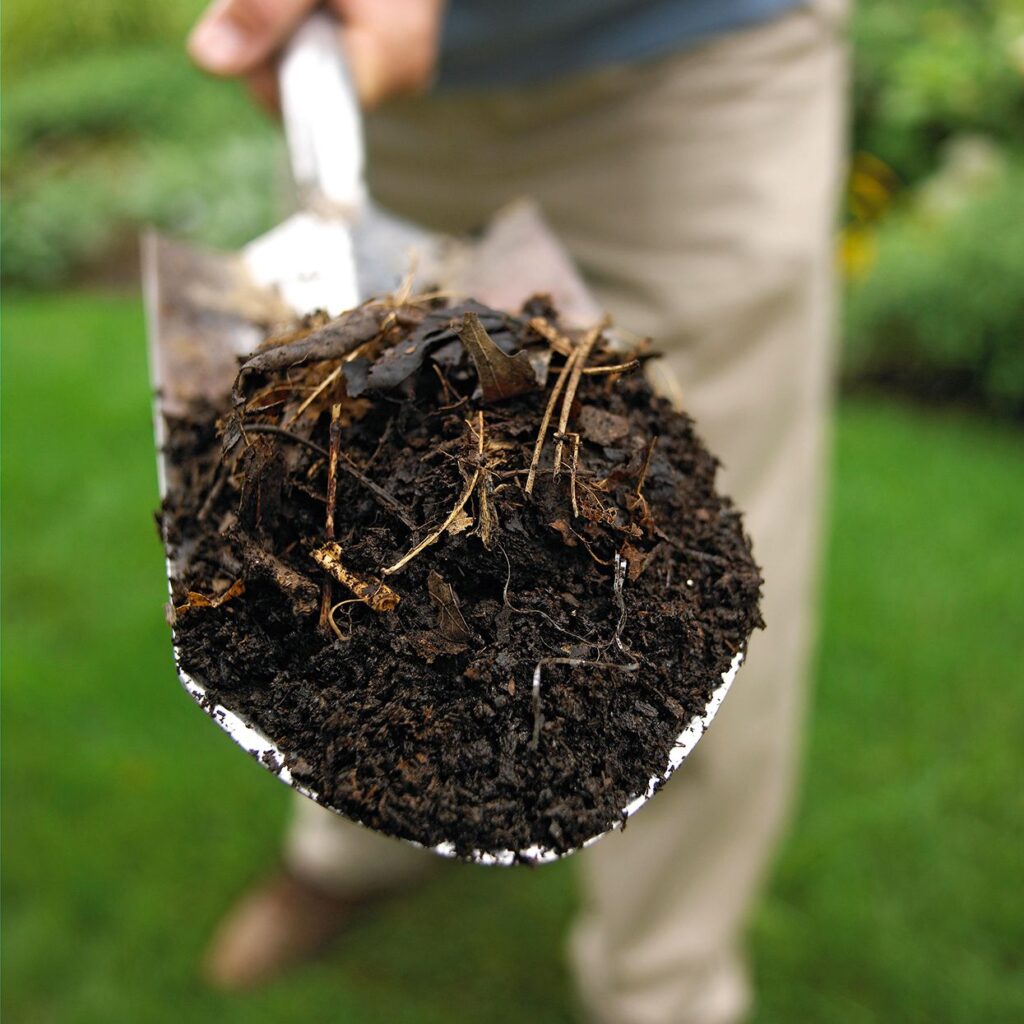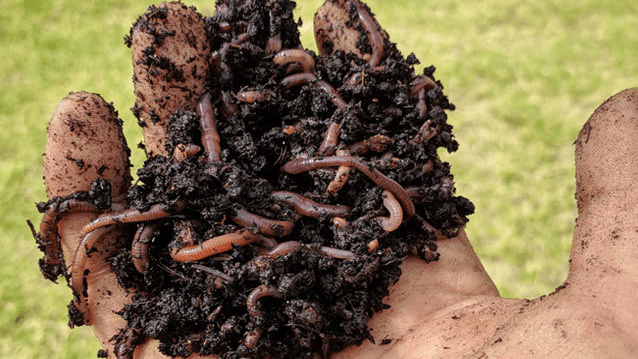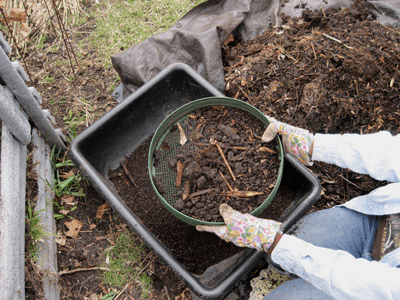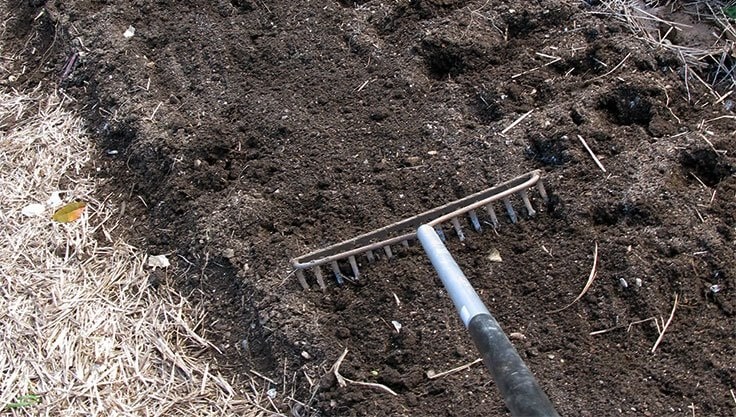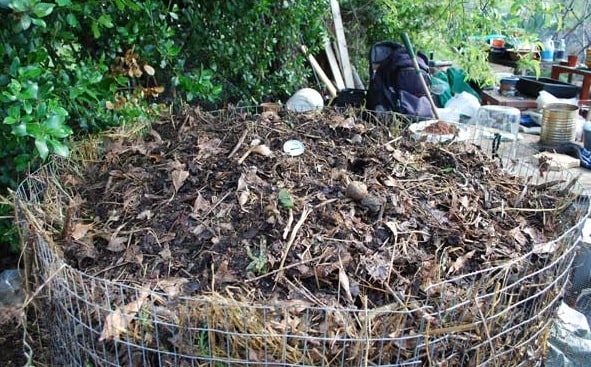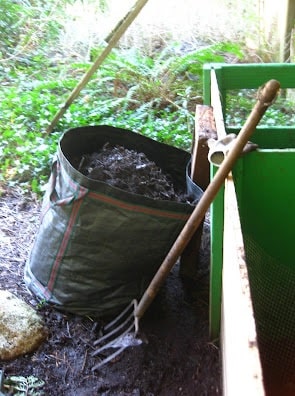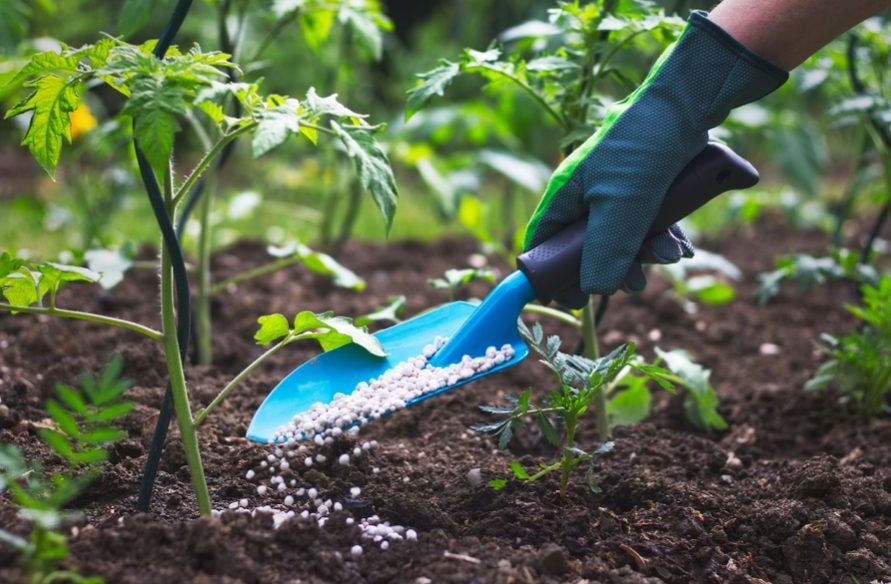Contents
Should You Cover Your Compost?
Covering your compost is generally advisable, but it depends on your specific circumstances and composting goals. Here’s more information on the topic:
- Benefits of Covering Compost: Covering your compost offers several advantages, including:
- Moisture Retention: It helps keep the compost pile moist, which is essential for microbial activity and decomposition.
- Pest Prevention: A cover can deter pests like rodents and flies from accessing the compost.
- Temperature Regulation: It helps maintain a consistent temperature within the pile, which can speed up decomposition.
- When Not to Cover: There may be times when you don’t want to cover your compost, such as:
- Active Composting: If you’re actively turning or aerating the pile frequently, covering it might not be necessary.
- Well-Balanced Compost: If your compost is well-balanced and not too wet, you may not need to cover it. In such cases, it can continue to decompose effectively without a cover.
What Should You Cover Your Compost With?
The choice of materials for covering your compost is important to maintain a healthy composting environment:
- Compost Cover: Many gardening stores sell specialized compost covers made of breathable fabric designed for compost piles. These covers allow air and water to penetrate while keeping pests out.
- Cardboard: Old pieces of cardboard can work well as a compost cover. To hold it in place, wet it down before placing it on top of the compost.
- Straw or Hay: A layer of straw or hay provides effective cover. It’s a natural material that allows for some airflow.
- Plastic Sheeting: While not the ideal choice, plastic sheeting can be used. However, it should be perforated or have holes to allow for adequate aeration.
How Can I Increase My Compost Speed?
To accelerate the composting process, consider the following factors:
- Balanced Ingredients: The key to fast composting is having a balanced mix of brown (carbon-rich) and green (nitrogen-rich) materials. This balance provides the necessary nutrients for microorganisms.
- Adequate Aeration: Regularly turn or aerate the compost pile. Turning it allows oxygen to penetrate the pile, which is essential for decomposition.
- Optimal Moisture: Maintain the right moisture level. The compost pile should be damp, similar to a wrung-out sponge, but not soggy. Add water as needed.
- Small Particle Size: Shredding or chopping ingredients into smaller pieces provides more surface area for microorganisms to work on, speeding up decomposition.
What Is a Good Compost Accelerator?
Compost accelerators can be beneficial, and you can choose between commercial products and natural options:
- Commercial Compost Starters: These are readily available and contain a mix of beneficial microorganisms that kickstart the composting process.
- Natural Accelerators: You can also use naturally occurring accelerators, such as finished compost, fresh urine (which is high in nitrogen), or rich garden soil. These introduce beneficial microbes to your compost pile.
What Slows Down Composting?
Several factors can hinder the composting process:
- Imbalance: Having too many brown or green materials can slow decomposition. Aim for a balanced mix.
- Lack of Aeration: Without adequate oxygen, aerobic decomposition is impeded. Turning the pile helps maintain airflow.
- Extreme Moisture: Compost that is too wet or too dry can both be problematic. Finding the right moisture balance is crucial.
- Large Pieces: Whole or large items, like large branches or chunks of fruit, take longer to break down. Chopping or shredding them can help.
Does Covering Compost Speed Up Composting?
Covering your compost provides indirect benefits that can contribute to faster composting:
- Moisture and Temperature Regulation: By maintaining moisture levels and consistent temperatures, covering your compost helps create an environment conducive to microbial activity, which speeds up decomposition.
- Pest Prevention: A cover keeps pests out, preventing them from disturbing the compost pile, which could otherwise slow down the composting process.
In summary, covering your compost is generally a good practice, but it should be done in a way that allows for proper aeration and moisture control. Additionally, maintaining the right balance of materials and providing regular care will help speed up the composting process.
Sources: https://en.wikipedia.org/wiki/Compost

